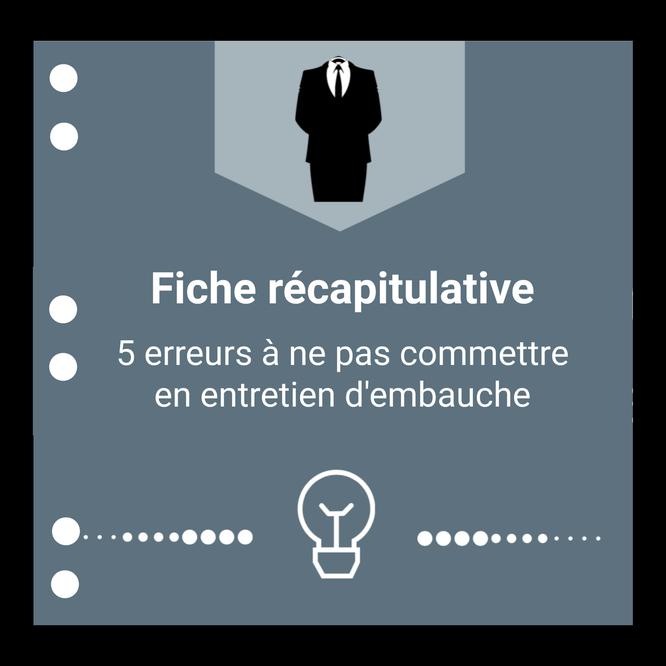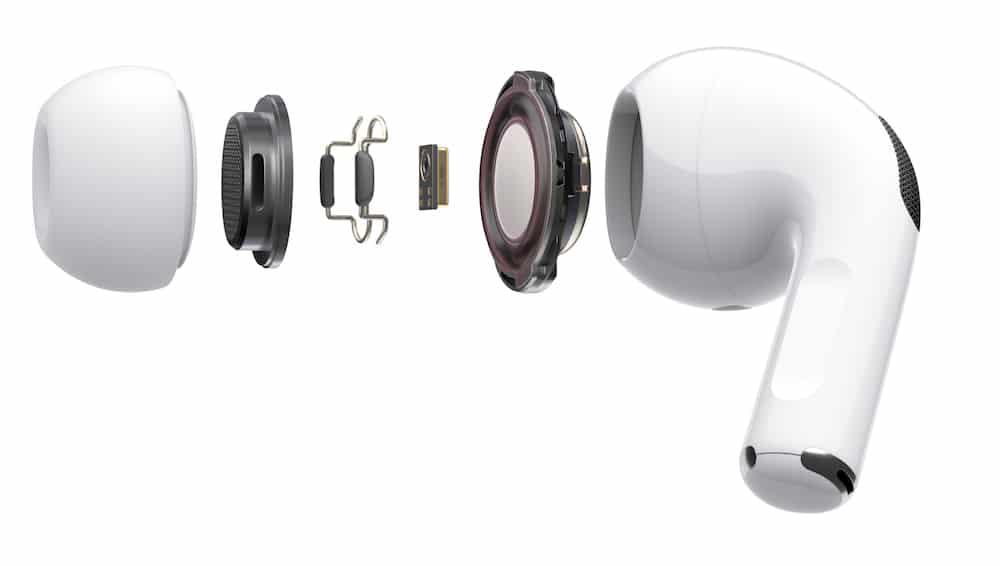Psychostimulants In the Realm of ADHD Diagnoses
Quebec is the undisputed kingdom of the prescription of psychostimulants. Over the past three years, one out of nine young Quebecers aged 6 to 17 has taken psychostimulants to treat attention deficit hyperactivity disorder (ADHD). Already, three years ago, a disturbing study carried out in Saguenay among thousands of students showed that these Quebec students were almost 10 times more likely to have an ADHD diagnosis than their Belgian classmates.
Updated on Sep 14, 2021Katia Gagnon La PressePill Generation
Three years ago, sociologist Marie-Christine Brault X-rayed 35 schools in Saguenay and Flanders, a Dutch-speaking region of Belgium. The goal: to compare the proportion of Quebec and Belgian students who had been diagnosed with ADHD.
The sociologist spoke to 191 teachers and scrutinized the records of 2,601 students. Result: as of the third year, one out of five Quebec students in the sample (18%) had a diagnosis of ADHD. In Flanders, for children of the same age, the proportion was… 2.5%.
Already, these differences were "spectacular", estimates the sociologist, co-holder of the Research Chair on the living conditions, health, adaptation and aspirations of young people (VISAJ), whose study will be published shortly in a scientific journal.
But Ms. Brault did not stop there in her questions. She also asked the teachers in which students in their classes they suspected ADHD without being diagnosed. The teachers in the Saguenay classes estimated that another 22% of their students should have had a diagnosis. And in Belgium? The proportion of students for whom the teachers maintained a suspicion of ADHD was… 5%.
If we rely on the impressions of Quebec teachers, we would therefore have reached almost 40% of ADHD students in the classes visited. That does not make any sense.
Marie-Christine Brault, sociologist and co-holder of the Research Chair on the living conditions, health, adaptation and aspirations of young people (VISAJ)
How can this chasm between the two countries be explained?
“In Quebec, we immediately think of an individual deficit as soon as there is a difficulty. We think of illness, medication, she explains. In Belgium, it is very different. Teachers are really obliged to prove that they have tried everything educationally before referring the child to the health system. We will first think of environmental factors, we will put in place means of an educational nature. I have the impression that in Quebec, we give up easily. »
The teachers, adds Ms. Brault, often have personal experience with ADHD… and know the delays experienced in Quebec to obtain such a diagnosis. They therefore prefer to start the process sooner rather than later.
“Teachers know the manifestations of the disorder,” she says. And as in Saguenay, we are in small circles, they sometimes also taught parents. They know what backgrounds the children come from, and they tell themselves that the parent has behaviors related to the diagnosis, so the child probably has it too. »
One out of nine young Quebecers
Marie-Christine Brault's study was carried out in Saguenay–Lac-Saint-Jean, one of the regions where the most psychostimulants are prescribed in Quebec. In a 2019 study by the National Institute for Excellence in Health and Social Services (INESSS), 14% of young people aged 25 and under had an ADHD diagnosis in this region. This is almost twice as much as the average for all regions in Quebec (7.6%) and four and a half times more than in Montreal (3.1%).
But across Quebec, the numbers are equally striking. In order to take the measure of consumption among young Quebecers, La Presse asked the Association québécoise des pharmacists proprietors (AQPP) to compile all the prescriptions for psychostimulants – which are found mainly in two categories of products, methylphenidate and amphetamines – consumed for three years across Quebec. The AQPP figures include all prescriptions covered by RAMQ and the vast majority of those reimbursed by private insurers.
Conclusion: in 2020, pharmacists in Quebec processed 1.2 million prescriptions for methylphenidate and amphetamines for patients under 18 years of age. This represents 97,000 young users, almost all aged between 6 and 17. To arrive at this figure, the AQPP analyst coupled the number of prescriptions with the number of treatment days.
Since there are 1 million young people aged 6 to 17 in Quebec, in 2020, we can therefore conclude that 8% of children of this age have been medicated against ADHD in the province. ADHD medications are rarely prescribed for children under 6, so we exclude them from the calculation.
However, the number of young users experienced a significant drop in 2020: a year earlier, the AQPP counted no less than 137,485 underage users for the 1.9 million prescriptions for psychostimulants. In 2019, these young people on medication therefore represented nearly 12% of children aged 6 to 17 in Quebec. Overall, during the three years examined, 11% of young Quebecers of this age were medicated.
One out of nine.
“It's a fairly high utilization rate,” concludes Pierre-Marc Gervais, Senior Director of Pharmaceutical Services at the AQPP.
Very high, or too high?
It's too much, answers without hesitation the neuropsychologist Benoît Hammarrenger. “All over the world, we are talking about a prevalence rate of 5 to 7% for ADHD. That's a solid number, based on millions of records reviewed. However, in Quebec, the portrait is quite different, underlines Mr. Hammarrenger. He gives the example of the most recent Quebec survey on the health of young people in secondary school, conducted by the Institut de la statistique du Québec in 2017, in which 23% of the 65,000 students in the sample said they had been diagnosed with ADHD by a medical professional.

Based on these statistics, we can even say that there are more teenagers who are falsely diagnosed with ADHD than teenagers who have been correctly diagnosed.
Neuropsychologist Benoît Hammarrenger, in a brief submitted to a parliamentary commission which looked into this thorny issue in 2020
Prevalence figures differ greatly between Europe (5 to 7%) and North America (10 to 12%), tempers child psychiatrist Martin Gignac, since the way to diagnose the disorder is not entirely does the same. “It is a very common pathology, he underlines, which can have significant and long-term effects on a child if it is not treated. »
But school staff sometimes tend to put all disorders “in the basket” of ADHD, he admits.
There is emotional distress, anxiety… That too can cause attention problems. Teachers need guidance. It is not their role to diagnose ADHD.
Child psychiatrist Martin Gignac
In medical offices, doctors are sometimes under a lot of pressure to medicate children, he adds. “The family is in crisis, the child cannot go back to school without a prescription. The doctors feel the pressure. You have to be able to resist. A hasty diagnosis may be wrong. »
Pediatrician Guy Falardeau, author of several books on ADHD and who signed an open letter with many other doctors in the form of a cry of alarm in 2019, has experienced this situation many times. "When I explain to the parent that there is no ADHD, the parents say to me: 'OK, but what do I do?' I tear down the ADHD diagnosis, but I have nothing else to offer them. »
“School Advil”
“Today I am going to prescribe your child's school Advil. That is to say: it will do good. But that won't solve the problem. »
He who speaks here is a doctor. He tries to express his disapproval of the pressure he feels from parents coming to consult him, because they are convinced that their child has ADHD. These comments are part of a second study by sociologist Marie-Christine Brault, published in 2021, which this time examined the dilemmas facing doctors when faced with possible ADHD in a young patient.
Ms. Brault interviewed six health professionals, four medical specialists and two school psychologists, solicited for their expertise with children.
Doctors immediately admit it: “We overdiagnose and we overmedicate. One of them admits that the situation with the boys "terrorizes" him. They admit that their practice contributes to the problem observed in Quebec. “I prescribe too much,” said one of them frankly.
School psychologists have a more mixed speech, but also say they are trying to curb the tsunami of diagnoses. “Me, I often tell my kindergarten teachers, before January, you don't tell me about it. Give yourself four months. I educate my teachers. »
From the outset, doctors speak openly about the difficulty of making a correct diagnosis of ADHD. “Doctors are particularly harsh on ADHD assessment tests. About the Conners questionnaire [a widely used diagnostic tool], a doctor in the focus group said: “To me, a Conners is like sticking your hand out and saying I think he's freaking out. Is it 25 degrees in your house, and finally it's just -2 outside?” “, reports Ms. Brault in her study.
Doctors may have several attitudes towards small patients suspected of having ADHD, the researcher established. Some “capitulate” to the insistence of the parents, and make a prescription without really being convinced that the drug will really have an impact.
I call it the Coke machine syndrome. You put your piece, you weigh on the piton, the Coke will fall, it takes an immediate result. You give the pill, my child will perform, it will go well at school, it's immediate.
Marie-Christine Brault, sociologist and co-holder of the Research Chair on the living conditions, health, adaptation and aspirations of young people (VISAJ)
Others prescribe medication even if they don't see ADHD in the child because they feel it's the only recourse they have to improve the life of a little patient. “There are certain emergencies where we have to treat anyway, we work with medication to try to soothe them,” said one of them.
And there are also those who do not give prescriptions, even if they think the child needs medication, because they fear that the pill will sound the beginning of demobilization from school and parents around the child. “As soon as you put a pill, everyone stops trying, people stop and watch. There is nothing more that is put in place, ”says a doctor.
Marie-Christine Brault's study echoes a palpable malaise in the medical profession.
Pharmaceutical companies often visit us. One day a company came along with a nice little pad with a list of symptoms to check off. If there were six, it was prescribed. That's encouraging doctors to prescribe without any justification.
Pediatrician Guy Falardeau, author of several books on the issue of ADHD
“We have a lack of access to adequate resources for diagnosis and follow-up, agrees psychiatrist Annick Vincent, who has given numerous conferences in Quebec schools. Medication is indicated only when non-pharmacological strategies do not work. »
Long term effects?
The long-term effects of psychostimulants in children have been measured in at least five large longitudinal studies conducted over years. Clear effects on growth have been noted: people with ADHD who are medicated are shorter in stature. However, no neurological effect was measured, nor was an increase in the risk of dependence. Medications, on the other hand, have clear beneficial effects, especially in preventing anxiety and depression. In people with ADHD who are not treated, there are more early deaths than in those who are medicated.



![PAU - [ Altern@tives-P@loises ] PAU - [ Altern@tives-P@loises ]](http://website-google-hk.oss-cn-hongkong.aliyuncs.com/drawing/179/2022-3-2/21584.jpeg)

![Good deal: 15% bonus credit on App Store cards of €25 and more [completed] 🆕 | iGeneration Good deal: 15% bonus credit on App Store cards of €25 and more [completed] 🆕 | iGeneration](http://website-google-hk.oss-cn-hongkong.aliyuncs.com/drawing/179/2022-3-2/21870.jpeg)





Related Articles